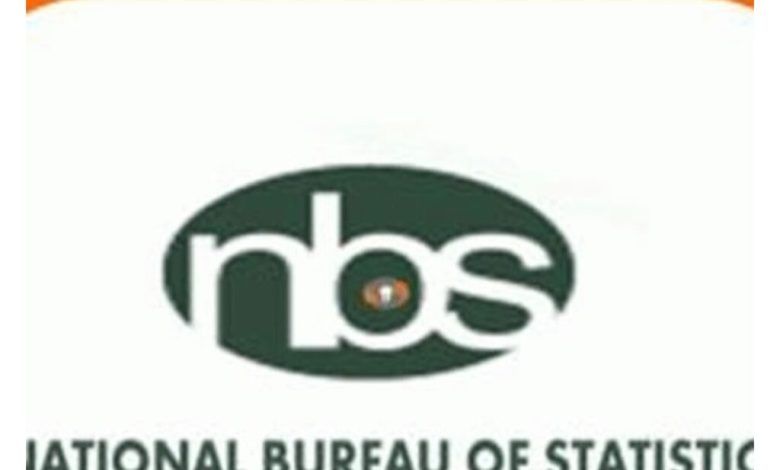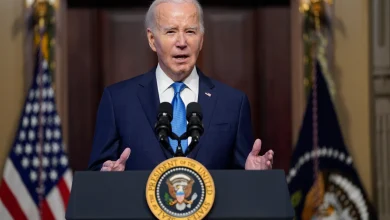
Nigeria’s 36 states received N39.62bn as ecological fund allocations from June 2023 to June 2024, data from the Federation Account Allocation Committee published by the National Bureau of Statistics showed.
The ecological fund is a crucial part of Nigeria’s federal revenue allocation, specifically designated to address various environmental challenges nationwide, including erosion, desertification, flooding, oil spills, and drought.
Established in 1981, the fund is drawn from the Federation Account at a rate of two per cent, with the primary objective of assisting all tiers of government in tackling ecological problems. The fund’s disbursement process is managed by the Ecological Fund Office, under the Office of the Secretary to the Government of the Federation.
Over the past year, the Federal Government distributed N39.62bn among the 36 states. The disbursements reflect the varying degrees of environmental challenges faced across Nigeria, with funds allocated based on the severity of these challenges.
Kano State received the highest allocation, totalling N2.1bn, averaging N175m per month. Borno State, which is dealing with environmental damage linked to the insurgency, received N1.68bn (averaging N140m per month), the second-highest allocation.
Recent heavy rainfalls reportedly rendered a portion of the Kano-Maiduguri highway impassable, causing significant disruptions to traffic flow. Many states have also been affected by the rains.
The Federal Government has terminated the contract for Section 1 of the Kano-Maiduguri road project due to prolonged delays. This decision was announced by the Minister of Works, Senator David Umahi, in a statement by his Special Adviser (Media), Uchenna Orji, on Saturday. The minister has also ordered an immediate assessment of the road project.
A report from the United Nations Office for the Coordination of Humanitarian Affairs, titled, ‘Nigeria BAY States, Shelter/NFI Sector Flood Situation Update, April – July 2024 (Issue 1.0)’, stated that severe weather incidents between April and July 2024 directly affected 124,275 individuals across 56 internally displaced persons sites in Borno, Adamawa, and Yobe states.
The region experienced 46 heavy windstorms, 66 flooding events, and 115 instances where both windstorms and flooding occurred simultaneously, impacting 26,493 households.





